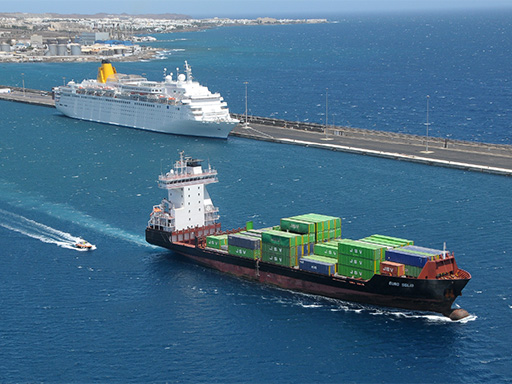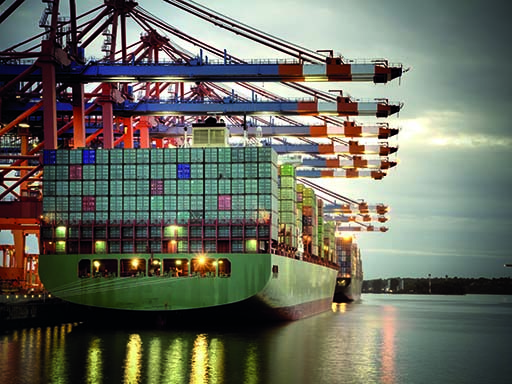Ship Safety Standards
One of the causes of maritime accidents is the lack of appropriate safety standards. EMSA plays an important role in defining them both at international level, through its participation in the committees and sub-committees of the International Maritime Organization (IMO) on behalf of the European Commission, and at EU level, supporting the European Commission and the EU Member States in the development and update of harmonised standards.
The Agency is especially active in the field of passenger ship safety, addressing not only the respective EU specific legal instruments, but also those topics raised at IMO. EMSA is also providing support to Member States and the Commission on safety standards of small domestic passenger ships (less than 24m in length), for which Goal-Based Guidelines have been published through a Council Recommendation (2019/C 142/01).
EMSA, in the interest of promoting maritime safety, brings to the attention of the Commission, the EU Member States and relevant stakeholders subjects coming from lessons learnt from accidents, like fire safety of ro-ro passenger ships and containerships, or in need of an appropriate harmonisation or update at international level, like those related to steering and manoeuvrability.
New technologies in the maritime domain have come to solve environmental and efficiency challenges, but, at the same time, have associated new risks that must be addressed. In this respect, EMSA works actively in autonomous shipping, new/alternative fuels safety, shore-side electrical connections, electrical storage systems for maritime applications and transport of alternative fuelled vehicles (AFV) on board ships. In addition, the Agency follows-up relevant EU funded research projects with potential direct application to ship safety.
Finally, EMSA works in the implementation of EU legislation in relation to the International Safety Management (ISM) Code, Bulk Carriers safety and fishing vessels.


